
- ServicesCustom software development and consulting services we provide
- Solutions
- ExpertiseCustom-tailored solutions for enterprises and beyond, proven over 25+ years in business
- IndustriesKey industries and verticals we serve across countries and project types
- PortfolioLearn how hundreds of businesses succeed with the help of Program-Ace
- Who we areLearn how we differ from other R&D companies and why 150+ business owners trust us
- Careers
- Blog
- Contact Us
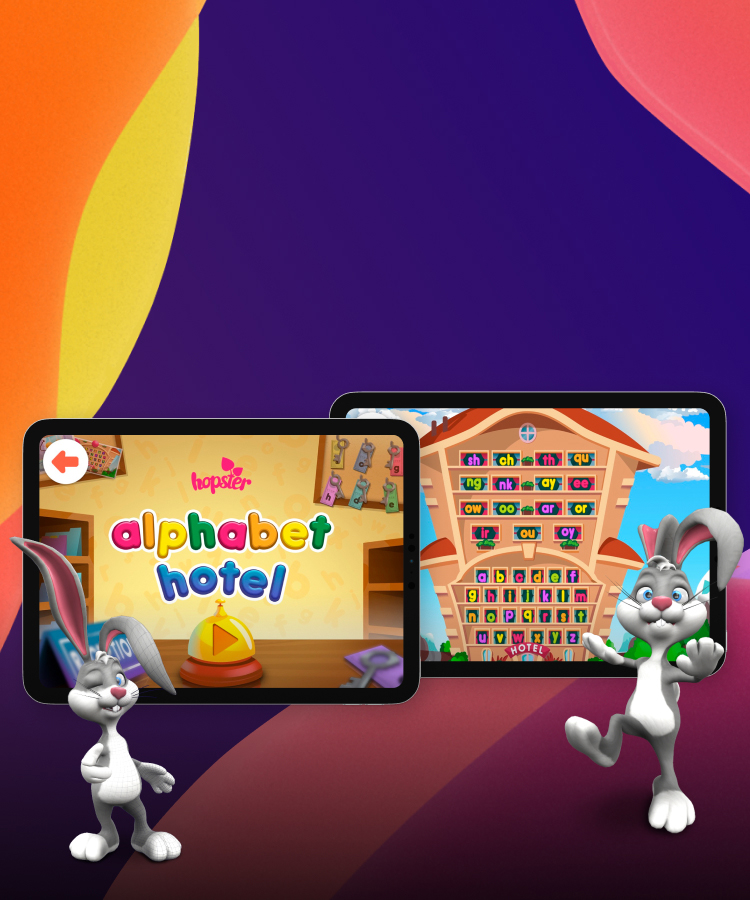
Educational Games for Kids
Looking Up the Services for Educational Game Development for Kids?
Leverage Program-Ace's cutting-edge educational games to help children uncover their true potential. Using state-of-the-art technology and innovative learning strategies, we craft captivating experiences that transform mundane lessons into interactive adventures. Our expert team builds games that are entertaining and foster crucial cognitive skills and knowledge retention.
We cater to various age groups, addressing diverse educational topics from basic numeracy to complex science concepts, crafting tailor-made games that break down complexity and spark curiosity. Our advanced educational games serve as practical learning tools for the young, promoting continuous learning while playing. Program-Ace is committed to reshaping how children learn, infusing education with innovation, effectiveness, and fun. Explore a universe where education and play coexist in harmony.
What Educational Games For Kids Can We Develop
How We Did It Before
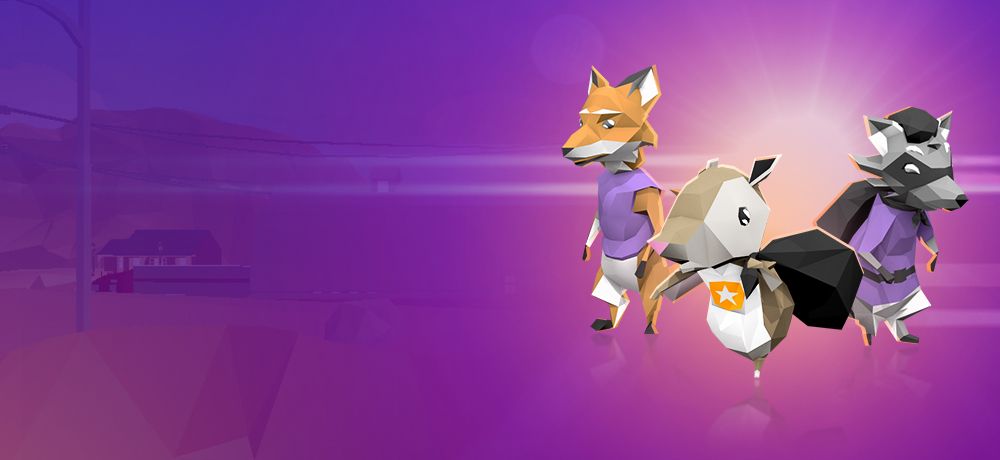
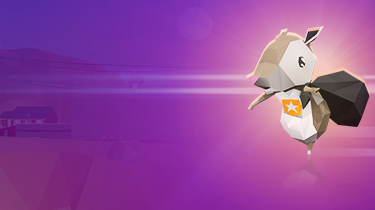


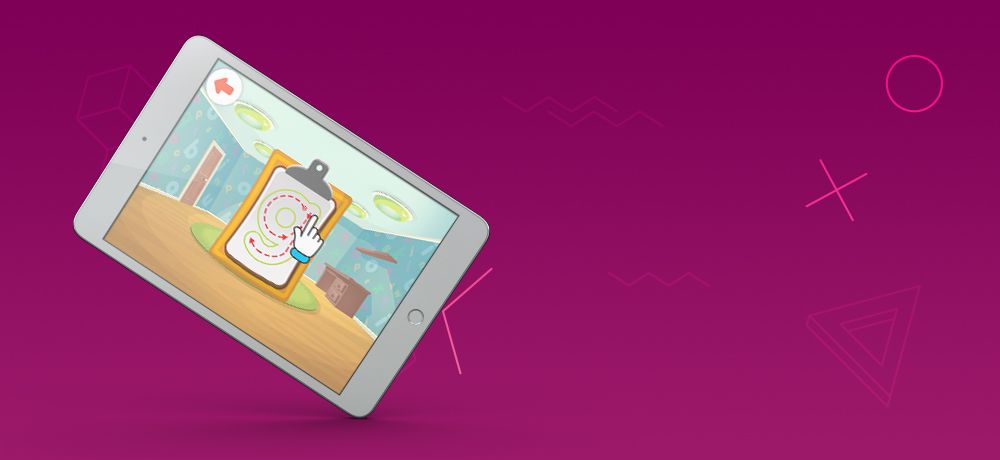
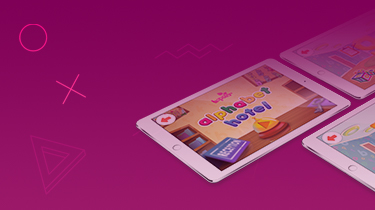
Program-Ace in Numbers
in Kharkiv, Ukraine
(by Clutch)
Companies (by IAOP)
IT employers in Ukraine
delivered projects
Why Choose Us for Educational Game Development for Kids
From preschool to elementary, we design games for all age groups. Our diverse portfolio ensures that there's always a fun learning adventure for every child.
Your child's safety is our priority. Program-Ace develops games with stringent privacy measures, creating a secure environment for kids to explore, learn, and grow.
Program-Ace incorporates proven game mechanics to make learning engaging and effective. We create fun-filled educational experiences that captivate and educate young minds.
Accessibility is key. We develop educational games compatible with multiple platforms, ensuring seamless learning experiences on PCs, mobile devices, and tablets.
FAQ
Developing educational games for kids is a process that requires a blend of creativity, technical know-how, and a deep understanding of children's learning needs. Here's a comprehensive guide on how to go about this.
Understand the Target Age Group
Different age groups have distinct cognitive capabilities and learning styles. Preschoolers might enjoy games involving matching shapes or colors, whereas elementary school kids could benefit more from games challenging their mathematical skills. Begin by researching and understanding the needs of your target age group.
Identify Learning Objectives
Determine what the child should learn or improve upon after playing the game. Clear objectives will guide the game design process, whether it's improving vocabulary, practicing math, or learning about science.
Game Concept and Design
The game's design should be engaging and interactive, motivating kids to play and learn. Balancing fun and education is essential - the game should not feel like a classroom lesson. Use vibrant colors, friendly characters, and intuitive controls suitable for kids. The overall aesthetic should be appealing and age-appropriate.
Implement Effective Game Mechanics
The game mechanics should align with the learning objectives. For example, puzzles or challenges involving number manipulation would be appropriate if the game is about improving mathematical skills. Make sure the mechanics are simple and straightforward to keep the kids engaged.
Ensure Safety and Privacy
Children's safety online is paramount. Developers should adhere to the Children's Online Privacy Protection Act (COPPA), which means not collecting personal information without parental consent. Design the game as a safe, secure space for kids to play and learn.
Iterative Testing and Feedback
Rigorous testing is necessary to ensure the game is functioning as intended. Use this phase to assess difficulty levels, game mechanics, engagement, and learning outcomes. Feedback from kids and parents can provide valuable insights to improve the game.
Cross-Platform Development
Developing the game for multiple platforms increases its accessibility. Consider compatibility with different operating systems like iOS, Android, and Windows. It's also worth considering various device formats like mobile, tablet, and desktop to ensure a seamless user experience.
Continuous Updates and Improvement
Post-launch, regular updates, and improvements based on user feedback will keep the game relevant and engaging. Adding new challenges, levels, or characters can re-ignite interest and provide ongoing learning opportunities.
Developing educational games for kids can be rewarding, especially when the games become a beneficial tool in children's learning journeys. With the right blend of educational content and engaging gameplay, these games can significantly enhance learning experiences for kids.
Yes, Program-Ace provides consultation on educational content and game learning objectives. Leveraging years of game development and eLearning expertise, our team is perfectly poised to offer valuable insight and guidance in these areas.
The process begins by understanding the specific goals you want to achieve through the educational game. Is it targeted towards improving literacy, mathematical skills, scientific understanding, or developing social skills? Once we understand your objectives, we can advise on how to weave educational content into engaging gameplay. It's essential to strike the right balance, as we want to make learning enjoyable. At the same time, it should also be practical and aligned with established learning outcomes.
Consultation with Program-Ace goes beyond just defining the game's educational goals. We help identify the appropriate game mechanics and narratives that can be utilized to achieve these goals. This could involve using problem-solving missions to enhance mathematical skills or role-playing scenarios to develop empathy and social understanding. By incorporating these elements, we can make the learning process more interactive and immersive, leading to better engagement and retention.
Moreover, we also consult on the technical aspects of the game development. This involves selecting the right technologies, platforms, and tools for your educational game. Whether deciding between a mobile game or a web-based game, 2D or 3D graphics, or even incorporating AR/VR elements, we provide advice based on the target audience's preferences, game objectives, and budget.
The value of this consultancy lies in its holistic approach. With Program-Ace, you get a partner who understands the intricacies of game development and the nuances of creating effective educational content. We ensure that your game is fun and a powerful learning tool. Our guidance helps avoid common pitfalls, streamlines development and maximizes the game's educational potential.
Furthermore, our consultation services allow for continuous feedback and iterations. This means the game can be refined and improved in response to user testing and feedback, ensuring that the final product meets and exceeds the desired learning objectives.
In summary, Program-Ace's consultation on educational content and game learning objectives provides a strategic blend of pedagogical insight and technical expertise. This results in creating engaging, effective, and technically sound educational games tailored to your specific needs and objectives.
The cost of developing an educational game for kids can vary significantly based on various factors. It's challenging to provide a specific figure without knowing the details of the project, but here's an overview of the aspects that can influence the cost:
Game Complexity
The complexity of the game plays a crucial role in determining the cost. A simple game with basic graphics and mechanics will be less expensive than a complex game with advanced features, 3D graphics, multiple levels, or sophisticated mechanics.
Platform
The chosen platform also impacts the cost. Developing a game for one platform (like iOS) might be less costly than cross-platform development. Remember that different platforms may require specific coding, testing, and support.
Educational Content and Objectives
The educational content and learning objectives can influence the cost too. Creating games that effectively teach complex subjects or skills may require additional research, planning, and testing.
Design and Graphics
The game's design and graphics quality can also influence the price. High-quality graphics and animation require more work and skill, which can increase the overall cost.
Game Length and Replayability
If the game includes a variety of levels, characters, and scenarios, it's likely to cost more due to the additional design and development time. The more replayable and complex the game, the higher the development cost.
Post-Launch Support
Post-launch services like updates, bug fixes, and customer support also factor into the cost. Keeping the game relevant and working correctly is crucial, which requires ongoing maintenance.
Given these variables, the cost of developing educational games for kids can range from a few thousand dollars for a primary game to several tens of thousands or more for a complex, high-quality game.
At Program-Ace, we work closely with our clients to understand their budget constraints and deliver the best possible solutions within their budget. We believe in transparency and will discuss all costs upfront. We aim to provide value for your investment, creating engaging, educational, and high-quality games that children will love.
The timeline for developing an educational game can vary widely, depending on several factors, such as the game's complexity, the platform it's being developed for, the level of detail in the graphics and design, and more. Below is a general guideline for what you might expect.
Pre-production (1-2 months)
This phase includes brainstorming, researching, and planning. We'll define the game's learning objectives, conceptualize the game mechanics, create storyboards and sketches, and finalize the design document. This phase is critical for setting the right foundation for the project.
Production (3-6 months)
The actual development of the game happens during this phase. It involves designing the game's characters and environments, coding the game mechanics, integrating the educational content, and ensuring everything works as intended. This is the most extended phase of the game development process.
Testing and Iteration (1-2 months)
Rigorous testing is carried out to ensure there are no bugs and that the game meets its educational objectives and provides a good user experience. Certain aspects of the game may be revised and retested depending on the results.
Launch and Post-Launch Support (Ongoing)
Once the game has been tested and polished, it's ready for launch. After the game is released, there will be ongoing work in the form of user support, marketing, updates, and adding new content or features based on user feedback.
Given these stages, a simple educational game might take 6 to 9 months to develop from concept to launch, while a more complex game could take over a year. Remember that these timelines are approximate and can change based on your project's specific requirements and challenges.
At Program-Ace, we understand the importance of delivering projects on time and will communicate openly with you about the timeline and any factors that might affect it. We also prioritize thorough planning and efficient workflows to ensure that development stays on schedule and that the final product meets our high standards.
At Program-Ace, we understand the importance of making learning fun and engaging for kids. We use several gamification elements to ensure our educational games capture children's attention, retain their interest, and encourage meaningful learning. Here are some of the critical gamification strategies we incorporate:
Progressive Challenges and Levels
To keep kids engaged, we structure our games with multiple levels of increasing difficulty. This gradual progression ensures that the game remains challenging enough to hold their interest but not so complex that it becomes frustrating.
Rewards and Badges
Rewards are powerful motivators. Earning badges, points, or unlocking special features when they reach certain milestones can make learning more satisfying and fun for kids. These rewards reinforce positive behavior and provide a sense of achievement.
Interactive Learning
Kids learn best when they're actively involved. Our games often include interactive elements, such as drag-and-drop features, puzzles, or simulations, which allow children to learn by doing, enhancing their understanding of the concepts being taught.
Storytelling
Stories are a great way to engage children’s attention and imagination. We typically incorporate narrative elements into our games to make them more captivating. This can help children relate to the educational content on a deeper level.
Feedback and Scores
Immediate feedback helps children understand how well they're doing and where to improve. Including scores or performance metrics in the game can motivate kids to try harder, practice more, and aim to improve their performance.
Leaderboards and Competitions
Games built around competitions can enhance social skills, such as communication, negotiation, and teamwork. This can be particularly effective in a classroom setting, where students can work together to solve puzzles or complete tasks.
Avatars and Customization
Personalization is another key feature that can enhance engagement. Allowing children to create their own avatars or customize aspects of the game can increase their emotional connection to the game.
By incorporating these gamification elements, we ensure that our educational games are more than digital textbooks. They become engaging, interactive experiences that motivate children to learn and explore. We aim to create games children love to play, spark their curiosity, and make education an enjoyable adventure.







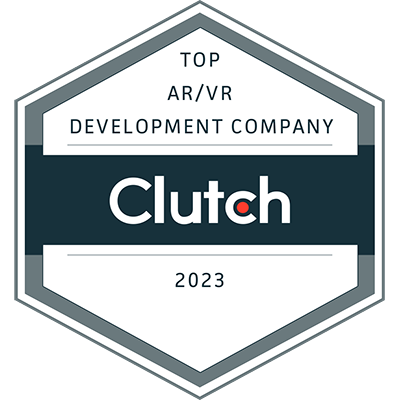

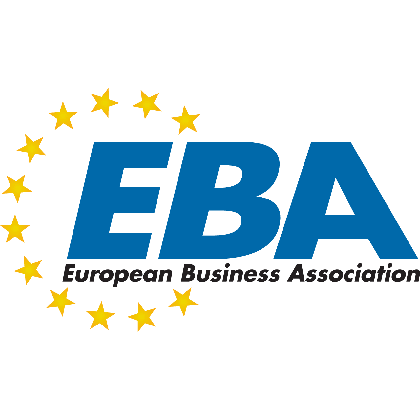






Representatives: Germany, Poland, Ukraine,
USA, Canada, UAE
USA: +1 888 7016201
- Expertise
- Metaverse Development
- Metaverse Consulting
- Augmented Reality App Development
- Virtual Reality App Development
- Mixed Reality App Development
- Product Configurator Development
- Virtual Training and Simulation Development
- Digital Twin Development
- Digital Twin Consulting
- 3D Visualization Services
- Enterprise Gamification Solutions
- Game Development Services
Discover more on our website:



